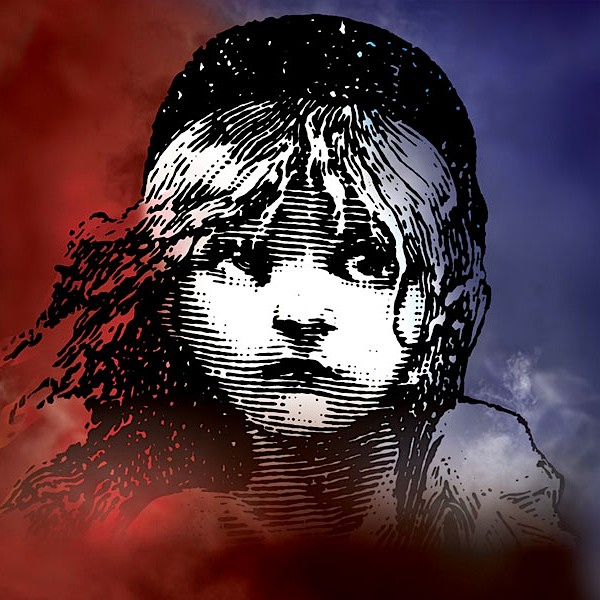
Les Misérables
Published in 1862, is one of Victor Hugo's most celebrated works and a cornerstone of 19th-century literature. The novel is set in post-revolutionary France and follows the life of Jean Valjean, a former convict who seeks redemption after serving 19 years in prison for stealing a loaf of bread.
The story explores Valjean’s transformation into a force for good, while being relentlessly pursued by Inspector Javert, a man who represents the strict, unforgiving rule of law. Spanning several decades, the novel intertwines the personal struggles of its characters with broader themes of justice, poverty, love, and revolution.

The novel is rich in subplots and characters. Among the most notable are Fantine, a factory worker driven to despair; her daughter Cosette, who is mistreated before being rescued by Valjean; Marius, a young revolutionary who falls in love with Cosette; and the Thenardiers, a pair of cruel innkeepers.
Hugo's narrative also includes detailed historical and philosophical digressions, including an account of the Battle of Waterloo and reflections on the justice system, religion, and morality. These elements deepen the novel’s message of social critique and compassion.

Victor Hugo used Les Misérables to spotlight the harsh conditions faced by the poor and marginalized in France. He emphasized the importance of social reform, education, and the moral responsibility of individuals and institutions.
The novel’s title, often translated as The Miserable Ones or The Wretched, underscores its focus on suffering and injustice. Hugo believed that literature should serve a higher purpose to fight for the oppressed and give voice to the voiceless.
The novel has had lasting cultural influence. It has been translated into dozens of languages and adapted into countless stage and film versions, most notably the globally successful musical.
